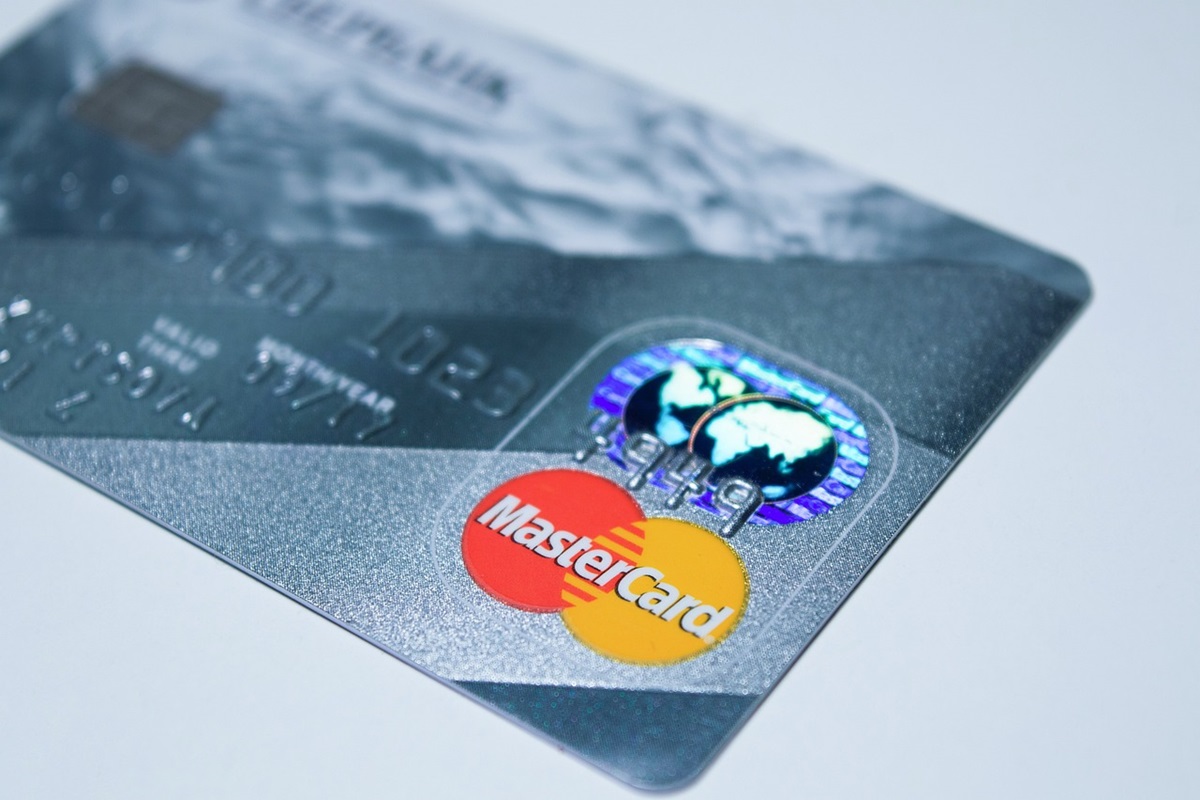Mastercard will implement partnerships with Fundbot, a fintech company based in the United Arab Emirates that finances supply chains.

The mentioned collaboration was announced last Thursday, November 21, in a press release published by the specified giant of the payment industry. The interaction between the two companies is focused on the streamlining of payment flows belonging to the business-to-business (B2B) category. As part of this collaboration, a new platform will be used that links buyers and suppliers.
The press release noted that the technology-based functional solution, initially implemented in the United Arab Emirates and Saudi Arabia, will boost the user experience as a result of leveraging added-value capabilities such as the Fundbot product with dynamic discounts. The mentioned product incentivizes faster B2B payments, accelerates the conversion of receivables into cash for suppliers, and reduces days of sales outstanding (DSO).
The press release also contains information according to which the initial implementation of the functional solution will focus on the early settlement of claims in the healthcare sector. In this case, it means tackling significant delays in payments.
The parties to the cooperation pay attention to the fact that the discount product from Fundbot is integrated with leading enterprise resource planning (ERP) systems. In this case, businesses of any size are given the opportunity to the easier implementation and use of the mentioned product.
In a press release, it was noted that the specified product is equipped with an artificial intelligence-based tool. The mentioned tool uses advanced algorithms to recommend the optimal discount rate for each transaction, focusing on country, vertical, and industry tendencies. The appropriate solution helps buyers achieve high acceptance rates. Also, customers can save as much as possible by using discounts for early payment before the invoice deadline.
The parties to the cooperation claim that the carrying out of financial injections into the supply chain helps to bolster the relationship between buyers and suppliers. In this case, payment transactions are accelerated and assistance is provided to address the cash flow issues, which are sensitive for small businesses in the Middle East and North Africa (MENA) region.
Harnessing the options of digital financing can help companies increase their liquidity and form stronger supply chains that are better adapted to economic fluctuations and disruptions.
Duncan Lodge, global head of supply chain finance and EMEA head of trade at Bank of America, said during a conversation with media representatives that decades of globalization have led to supply chains becoming more complex. According to him, the ability to join the dots across different platforms will be the key to further digitalization and unlocking the full potential of global trade. He also stated that if investors have better data, they will be able to better understand the dynamics of credit risks and performance. According to him, in this case, trade finance and receivables will become more investable as an asset class. He also stated that the mentioned state of affairs will contribute to the plug gap in trade finance, which is increasing as the number of companies seeking to participate in global trade grows.
As we have reported earlier, Mastercard to Phase Out Manual Card and Password Entry by 2030.









